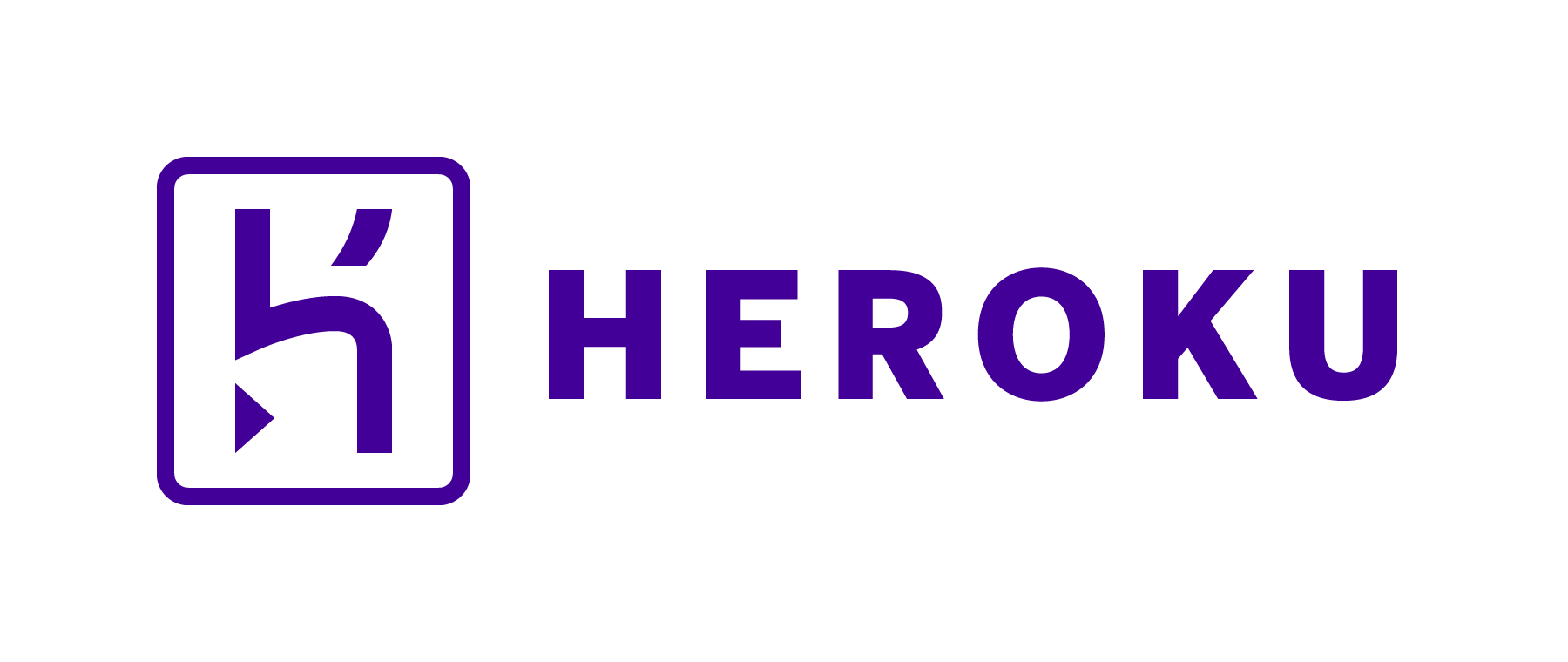As of V3.1.7, Foodi is closed source. This is an archived repo of Foodi. Foodi the app is still actively maintained.


Foodi is an easy to use mobile app that I've created to inform users about the details of ingredients inside a food product.
 To learn more about the ingredients inside a food product, users can simply scan the ingredients list or barcode on the product package with the camera built-in on their phones. Through the use of optical recognition, Foodi will then present users with a list of ingredients that it has found, along with their text descriptions and visuals.
To learn more about the ingredients inside a food product, users can simply scan the ingredients list or barcode on the product package with the camera built-in on their phones. Through the use of optical recognition, Foodi will then present users with a list of ingredients that it has found, along with their text descriptions and visuals.
 Alternatively, users may search for specific ingredients by inputting their names. Foodi supports both food and chemical ingredients.
Alternatively, users may search for specific ingredients by inputting their names. Foodi supports both food and chemical ingredients.
- Foodi was developed using React Native, an open-source mobile application framework created by Facebook. React Native is advertised as 'learn once write anywhere', which is mainly the reason I've chosen to use it for my first mobile app. If you are familiar with the JavaScript library React, React Native is an extension of React for mobile development, so it's another reason to use it for cross-platform mobile app development.
- This is an extremely powerful SDK that brings Google's machine learning expertise to Android. Mobile ML Kit comes with pre-trained neural nets to perform optical barcode and text recognition, hence, experience or deep knowledge of machine learning is not required to get started. The SDK was implemented into into the project with the React Native Firebase NPM module.
- A free food product database that has over 1.3 million products listed including information such as ingredients, allergens, nutrition facts, and more. After the product barcode is obtained, Foodi queries this database for the ingredients corresponding to the product.
- It needs no introduction, but nonetheless, Wikipedia is a free online encyclopedia, created and edited by volunteers around the world. The detailed information of each ingredient is obtained from here, through the use of its search API.
- React Native provides the Fetch API for developer's networking needs. Thanks to this, Foodi doesn't require a back-end server to act as a middleman between the databases and its users. Data can be easily requested on demand, from the end user's device, directly to the appropriate database, with greater efficiency.
- Express is a back end web application framework for Node.js, and it's also what's used to build Foodi's backend. Multimedia data such as text descriptions and visuals of ingredients are extracted from the internet, post processed and saved on the server. The database is then queried through this REST architectural styled API, constructed with Express.js, from the frontend React Native app. View the backend project here.
-
Enabling fuzzy search on a structured JSON database
-
